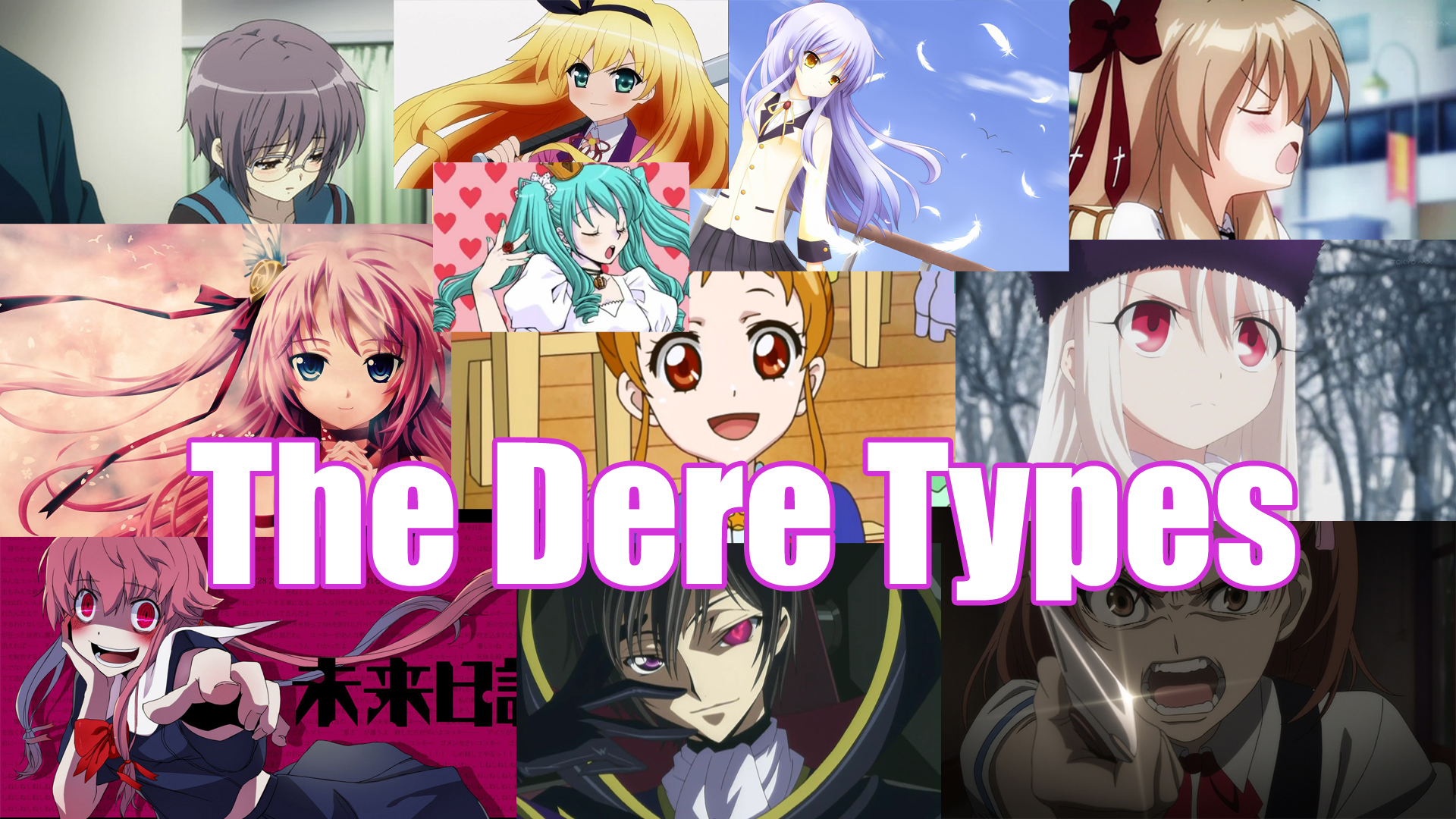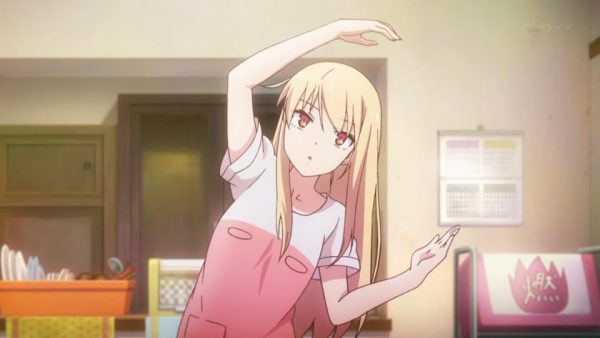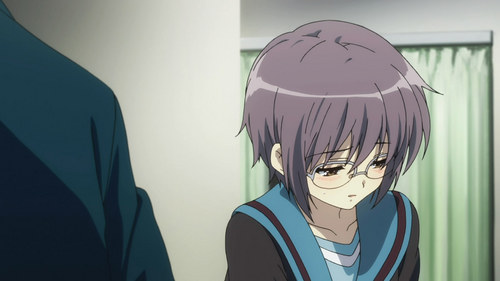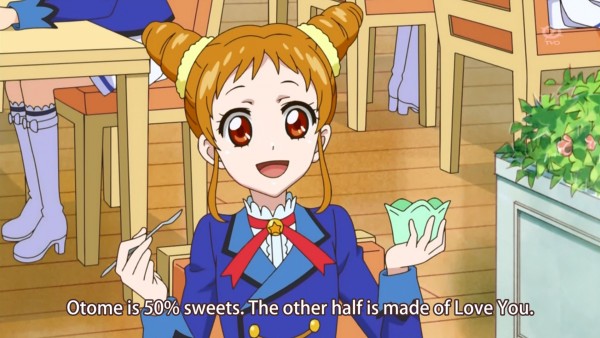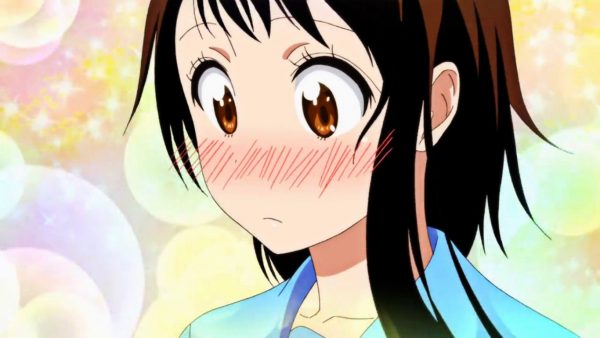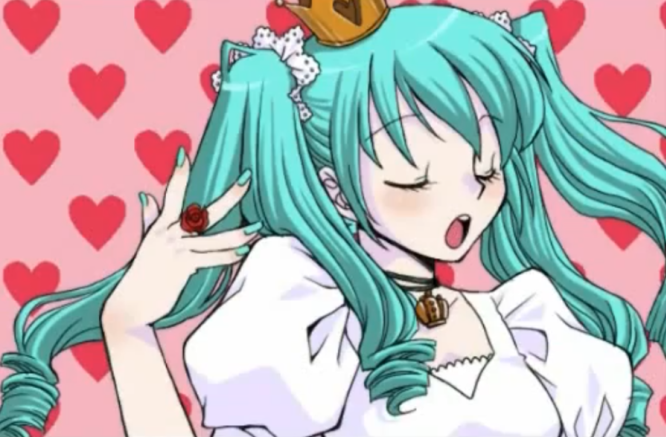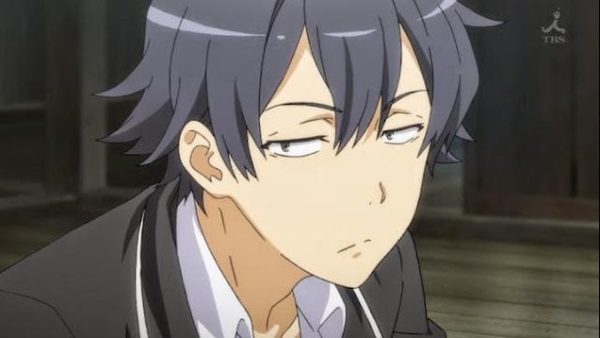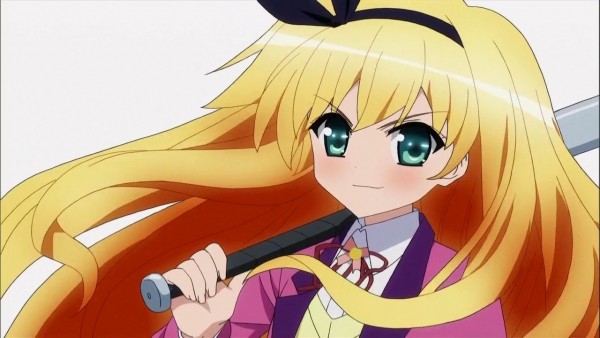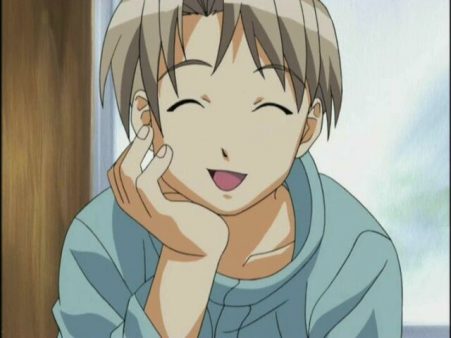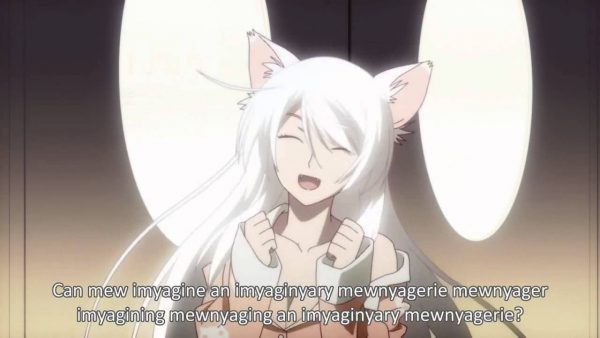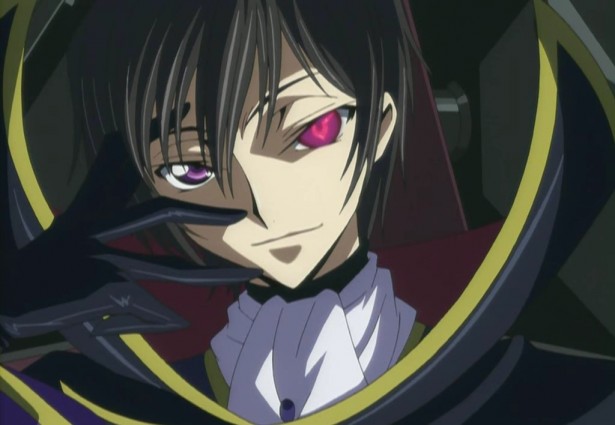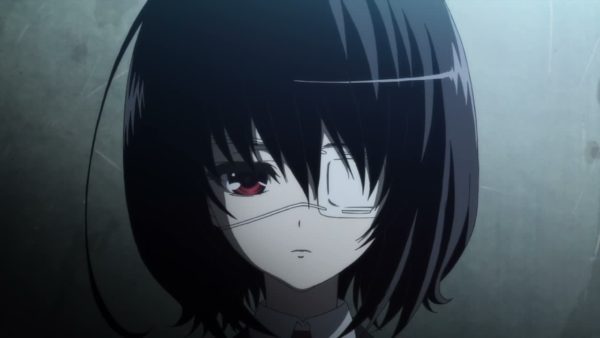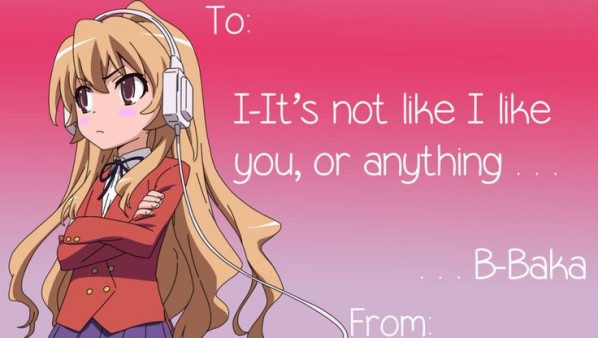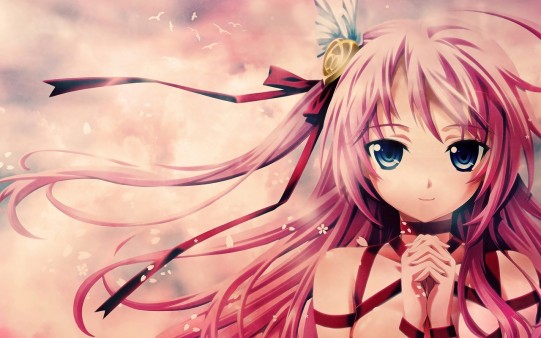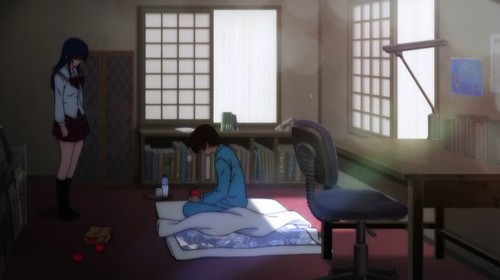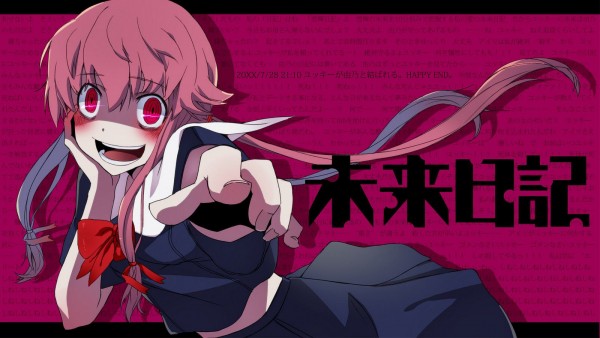Do you know all the -Dere Types found in Anime and Manga? There may be more than you realize! (Updated June 21, 2018)
In Anime and Manga, characters–commonly female–often follow specific mood patterns. Over the years, their personalities have been given their very own names to help identify the most common types. These archetypes end with -dere which is short for deredere (デレデレ). Deredere roughly translates to lovey dovey in English.
There are many types of personalities and characteristics in anime in story-telling in general, but this article will list only the -dere archetypes. The list below is in alphabetical order with an easy-to-understand description. Maybe you can equate one of these types to your favorite character! More have been added thanks to the comments below.
Bakadere
The Bakadere (ばかデレ) type refers to a character who is very clumsy and stupid. For the most part they’re very innocent and sweet, but their stupidity outshines their other attributes.
The word is a compound of Baka (ばか) which means stupid or moron and Deredere (デレデレ) which means lovey dovey.
Bodere
The Bodere (ボデレ) type refers to a character who is usually shy around those they’re infatuated with, which then results in violence. Bodere types don’t know how to handle their embarrassment and use their fists instead of their words.
Unfortunately I have not been able to find a proper translation for Bo in Bodere. This is similar to Tsundere, which is why I didn’t include it earlier. The main difference is the lack of dialogue with a Bodere.
Byoukidere
The Byoukidere (病気デレ) type refers to a character who is kind and gentle at heart but has a serious illness. They might be confined to a hospital bed, or just simply weak and frail.
This word is a compound of Byouki (びょうき / 病気) which means sick and Deredere (デレデレ) which means lovey dovey.
Dandere
The Dandere (だんデレ) type refers to a character who is often silent and keeps to themselves. It may be due to shyness or just because they’re the quiet type. However, when alone with the person they are attracted to, they usually come out of their shell and become more loving.
This word is a compound of Danmari (だんまり) which means silent and Deredere (デレデレ) which means lovey dovey.
Darudere
The Darudere (ダルデレ) type refers to a character who is often very lazy and dull. They would rather sit around and show no emotion towards anyone, including their love interest.
This word is a compound of Darui (ダルい) which means sluggish and Deredere (デレデレ) which means lovey dovey.
Deredere
The Deredere (デレデレ) type refers to a character who is completely kind, happy, and energetic. No matter what may happen, they quickly revert to their cheerful self.
This may be the only character type that doesn’t have any abbreviation with the base Deredere (デレデレ) word, although the definition isn’t simply lovey dovey like the other types.
Hajidere
The Hajidere (はじデレ) type refers to a character who is very nervous and embarrassed around their crush. They will easily blush near their love interest, and might even feint from being so bashful.
This word is a compound of Haji (はじ / 恥) which means embarrassment and Deredere (デレデレ) which means lovey dovey.
Himedere
The Himedere (ひめデレ) type refers to a character who wishes to be treated like a princess by the person she loves, even if they aren’t royalty in actuality.
This word is a compound of Hime (ひめ / 姫) which means princess and Deredere (デレデレ) which means lovey dovey.
Hinedere
The Hinedere (ひねデレ) type refers to characters who have cynical world views, are cold-hearted, and highly arrogant. However, deep down they have a soft side that may reveal itself after their love interest breaks through.
Based on what I can find, this word seems to be a compound of Hine (ひね) which means twist (Google Translate?) and Deredere (デレデレ) which means lovey dovey.
Kamidere
The Kamidere (かみデレ) type refers to a character with a god complex. They’re highly arrogant and proud, and aren’t afraid to speak their minds and show everyone how right they are.
This word is a compound of Kami (かみ / 神) which means God and Deredere (デレデレ) which means lovey dovey.
Kanedere
The Kanedere (かねデレ) type refers to a character who is attracted to others with money or status. They’re the anime and manga equivalent of a gold digger.
This word is a compound of kane (かね / 金) which means money and Deredere (デレデレ) which means lovey dovey.
Kuudere
The Kuudere (クーデレ), sometimes written Coodere or Kūdere, type refers to a character who is often cold, blunt, and cynical. They may seem very emotionless on the outside, but on the inside they’re very caring — at least when it comes to the ones they love.
This word is a compound of Cool (クール) and Deredere (デレデレ) which means lovey dovey.
Mayadere
The Mayadere (まやデレ) type refers to a character who is often a dangerous antagonist of a series, but switches sides after falling in love with another character. The character may remain deadly and unpredictable for the protagonist or other main character in the Anime or Manga.
Unfortunately I have not been able to find a proper translation for Maya in Mayadere.
Nyandere
The Nyandere (ニャンデレ) type refers to a character who has many cat like attributes. Often times they add “nyan” in their sentences. They might even be part cat and part human. See also: Nekomimi.
The word is a compound of Nyan (ニャン) which is a Japanese onomatopoeia for a cat sound, and Deredere (デレデレ) which means lovey dovey.
Oujidere
The Oujidere (おうじデレ) type refers to a character who wishes to be treated like a prince by the person he loves, even if they aren’t royalty in actuality.
This word is a compound of Ouji (おうじ / 王子) which means prince and Deredere (デレデレ) which means lovey dovey.
Sadodere
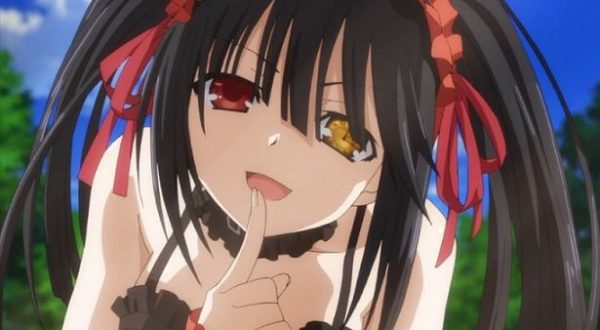
The Sadodere (さどデレ) type refers to a character who loves to toy with their love interest’s emotions. They take pleasure in manipulating people’s feelings.
This word is a compound of Sado (さど), taken from sadomasochistic, and Deredere (デレデレ) which means lovey dovey.
Shundere
The Shundere (しゅんデレ) type refers to characters who are sad and very depressed. While a full smile on their face might be out of the question, their love interest can help them open up and feel accepted.
Unfortunately I have not been able to find a proper translation for Shun in Shundere.
Tsundere
The Tsundere (ツンデレ) type is possibly one of the most popular or simply most used character types in anime and manga. This type refers to a character who treats the one they love poorly. Sometimes this is because they started out hating them and eventually loves them as the series goes on, and sometimes it’s because that’s the only way they know how to react.
An example is if the main character calls a tsundere character cute. The tsundere character will get upset and flustered, possibly cause physical harm to the one they love, and then call them stupid.
This word is a compound of Tsuntsun (ツンツン) which means to look away in disgust and Deredere (デレデレ) which means lovey dovey.
Undere
The Undere (ウンデレ) type refers to a character who says yes to pretty much everything the one they love says. They agree as much as possible to become as close as they can to their love interest.
This word is a compound of Un (ウン) which is a short way Japanese people say Yes and Deredere (デレデレ) which means lovey dovey.
Utsudere
The Utsudere (うつデレ) type refers to a character who is often sad and depressed. There is a reason for the character’s despair such as being bullied at school. Even if their life improves, they are often wary of other characters’ motives.
This word is a compound of Utsu (うつ / 鬱) which means depression and Deredere (デレデレ) which means lovey dovey.
Yandere
The Yandere (ヤンデレ) type refers to a character who starts out nice and sweet but eventually becomes dark and obsessive over the one they love. They become stalkers and use violence on, and possibly even murder, any person who gets close to their love interest — even if they’re too shy to simply speak with that person they have a crush on.
This word is a portmanteau of Yanderu (やんでる) which means to be mentally or emotionally ill and Deredere (デレデレ) which means lovey dovey.
That’s all you need to know about the various -dere types in Anime and Manga! You can find more information on subcultures and terms just like this in my growing Otaku Encyclopedia.

